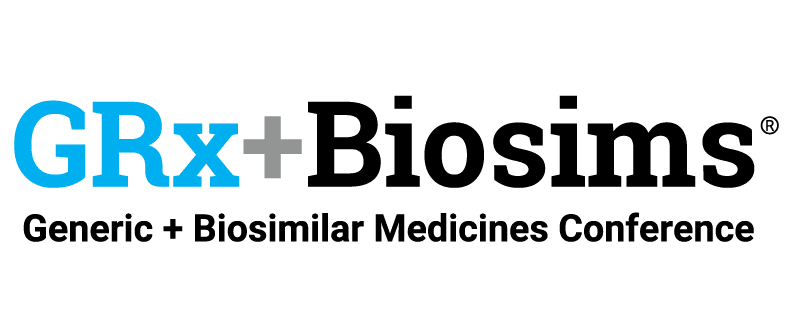The burden of high prescription medicine costs for America’s patients continues to drive much of the national health care conversation and biosimilars are a key part of the solution. There have been more FDA biosimilars approvals, increased provider interest, and growing payor efforts to drive utilization and acceptance of these more affordable versions of expensive biologics.
Specifically, UnitedHealthcare, the nation’s largest insurer, recently announced that it would begin preferring biosimilar medicines over certain expensive brand biologics for their Medicare Advantage (MA) plans. Other major insurers, Aetna and Kaiser Permanente, have publicly stated that they are actively evaluating making similar changes.
Centers for Medicare and Medicaid Services (CMS) Administrator Seema Verma is leading the charge. CMS has placed a high priority on encouraging the uptake and utilization of biosimilar medicines within the Medicare and Medicaid Programs. In August, CMS issued guidance that allows MA plans to “apply step therapy protocols…that [do] not create an undue access barrier for beneficiaries” in Medicare Part B. Under this guidance, UnitedHealthcare announced it would begin applying step therapy to certain high-cost Part B brand biologics, and begin preferring available lower-cost clinically equivalent biosimilars in those cases, for 2019.
FDA-approved biosimilars are safe, effective and less-costly alternatives to brand biologic medicines. Biosimilars have been proven to be highly similar to, and have no clinically meaningful differences from, previously approved brand biologics (known as “reference products”). Biosimilars, much like generic drugs, represent a significant opportunity to create competition in the market and expand patient access to critical medicines.
On average, currently marketed biosimilars list prices are roughly 40% lower than their brand counterparts, making biosimilars an integral component of the Administration’s stated goal of lowering drug costs for America’s patients. This is why a report last year concluded that increased biosimilars utilization would mean access to treatment for 1.2 million new patients.
We look forward to continuing to work with CMS on policies that will increase patient access to more affordable alternatives to brand biologic medicines.
